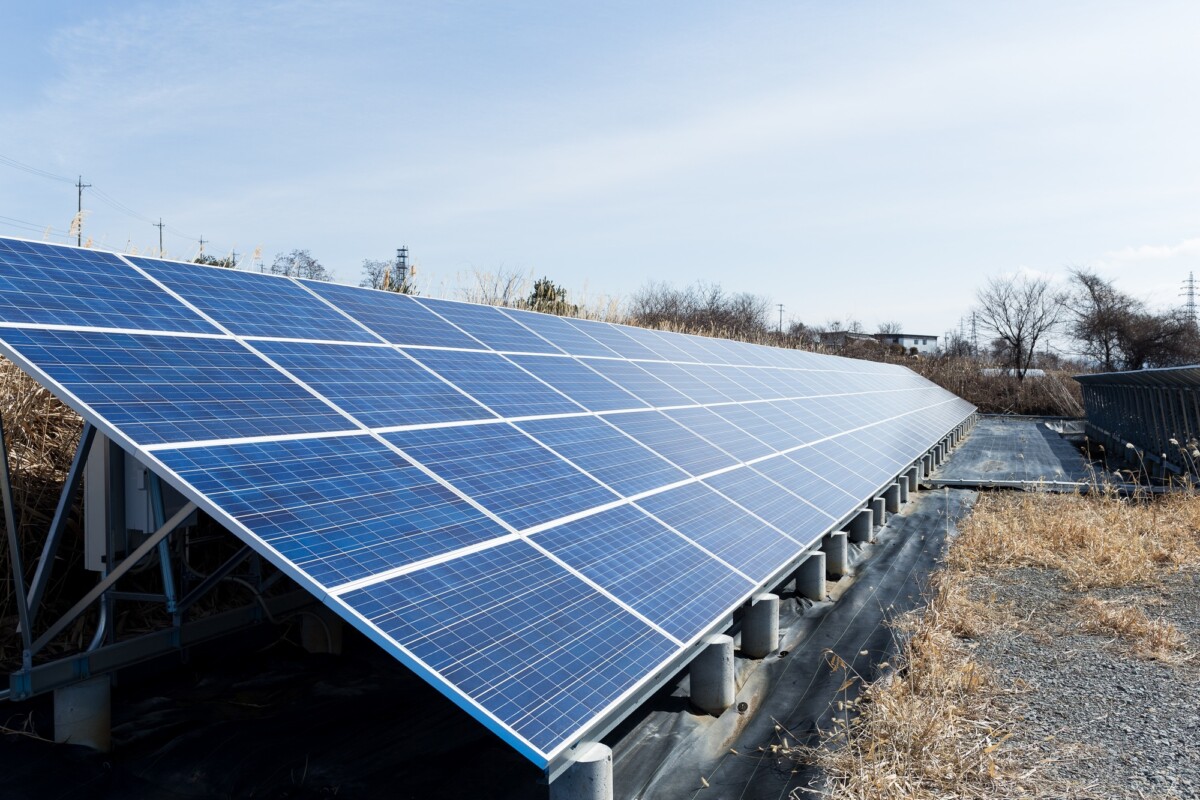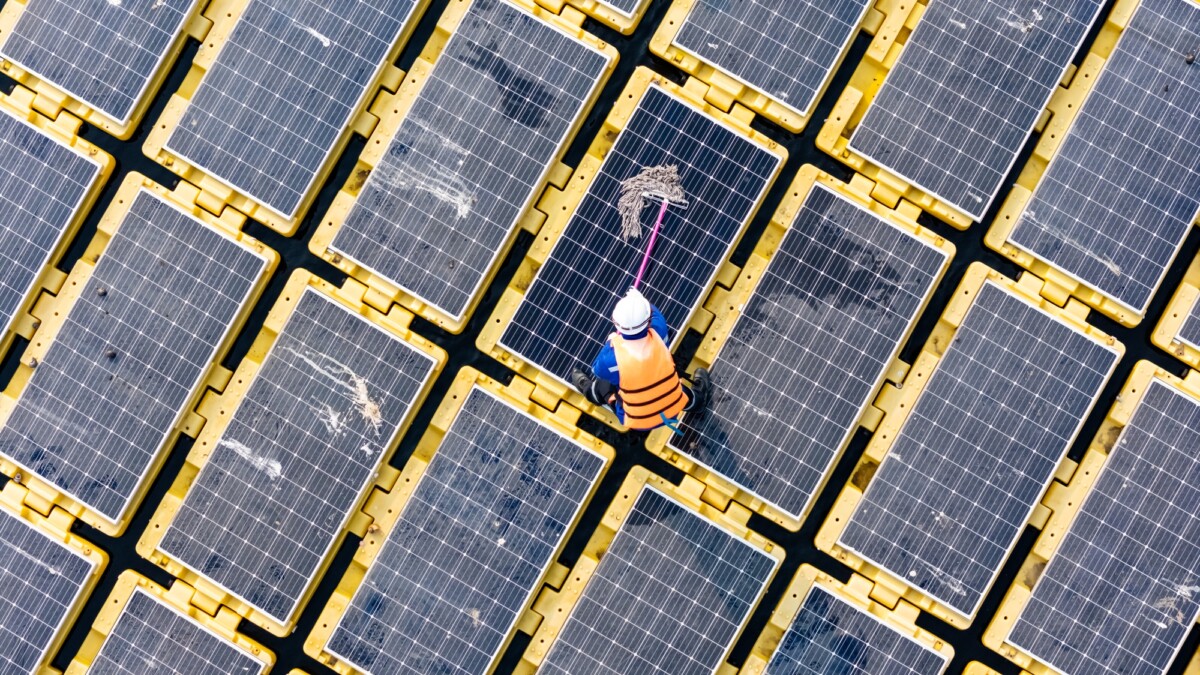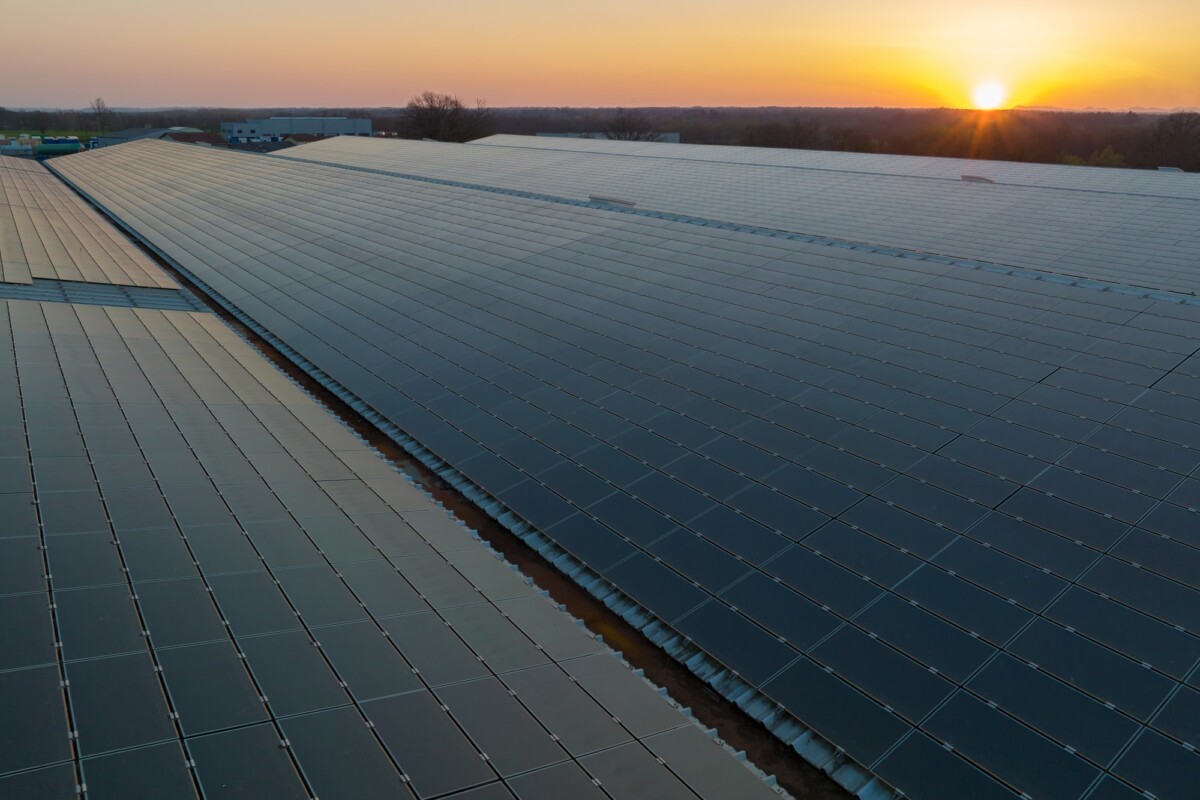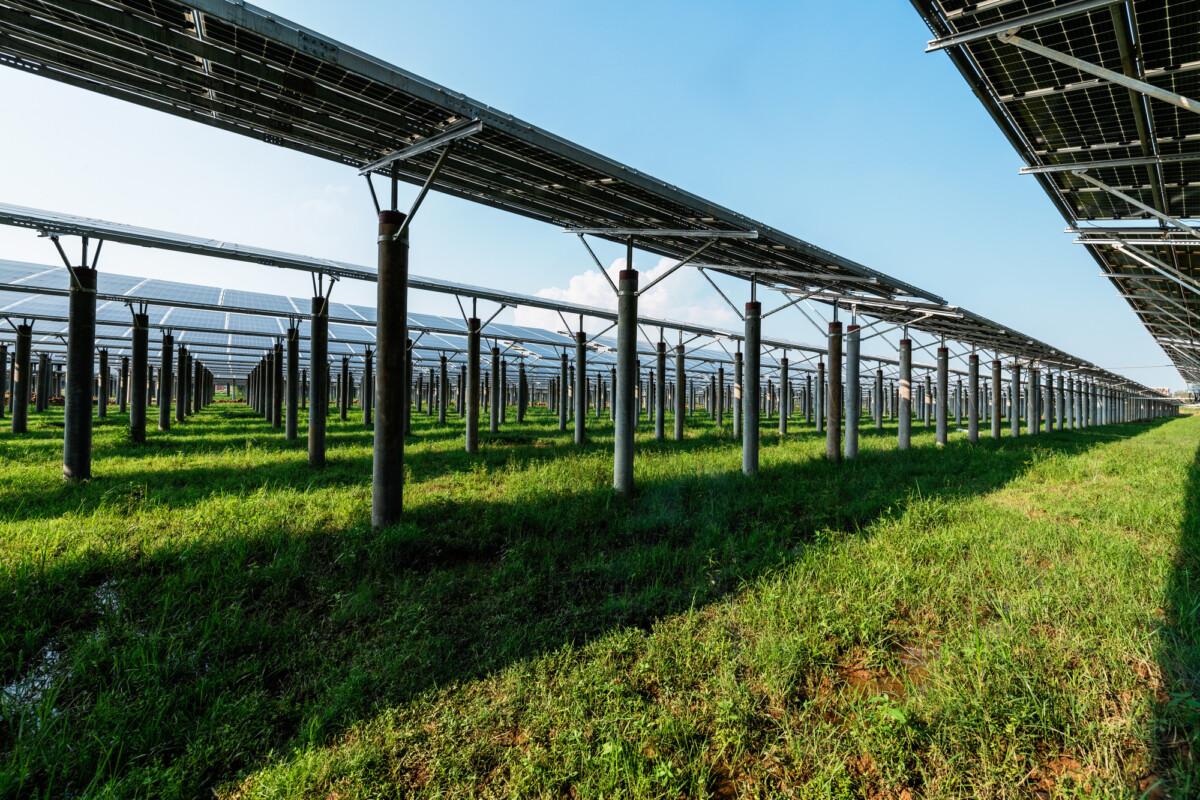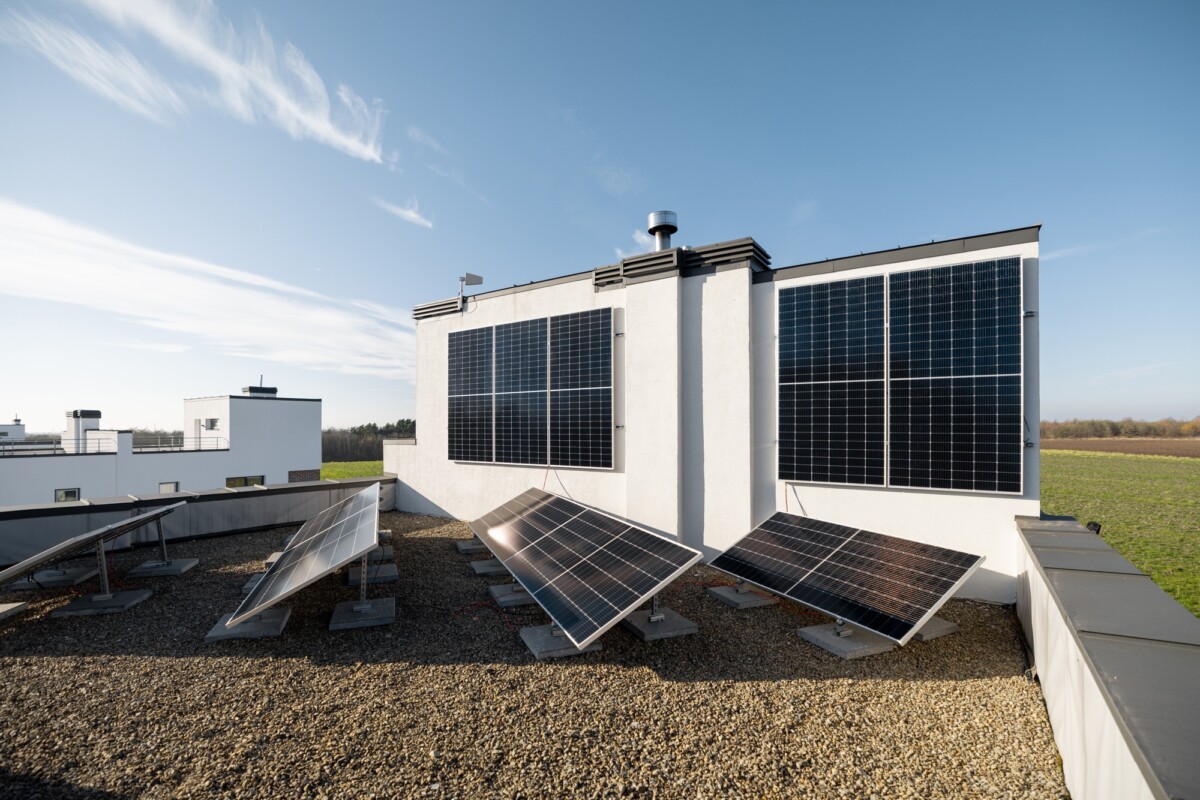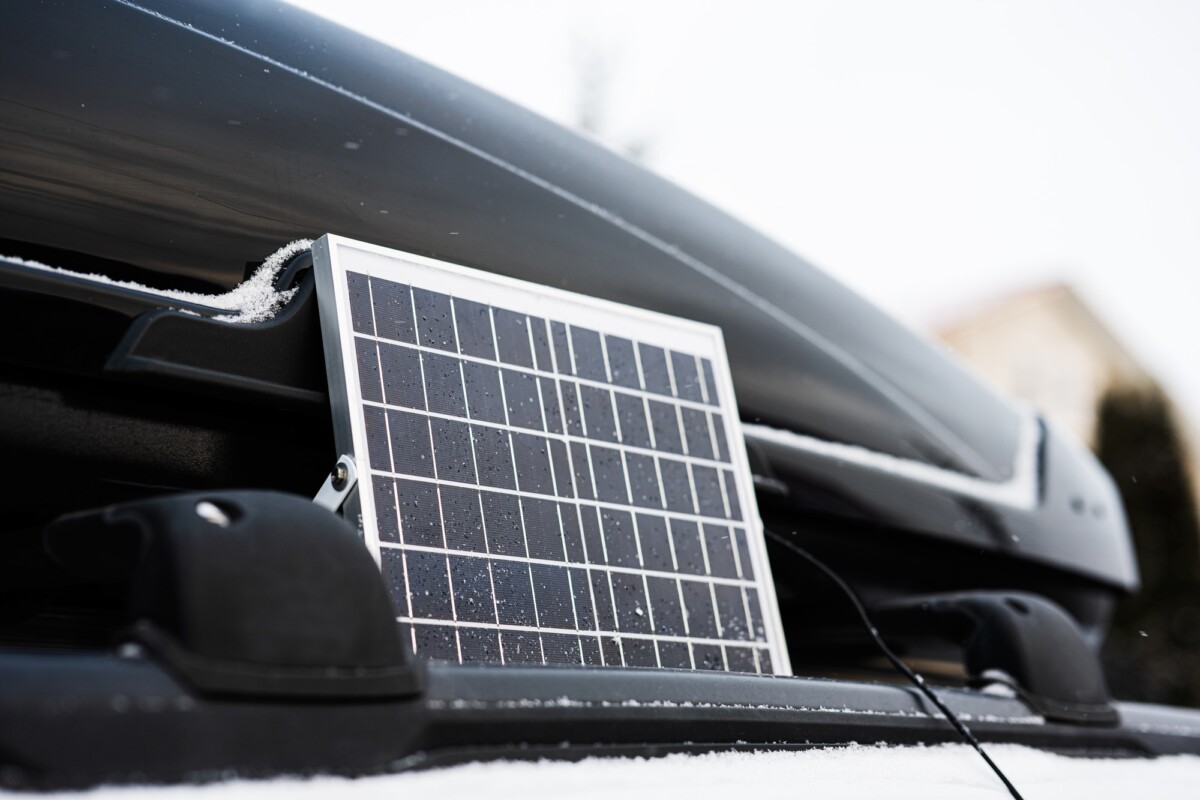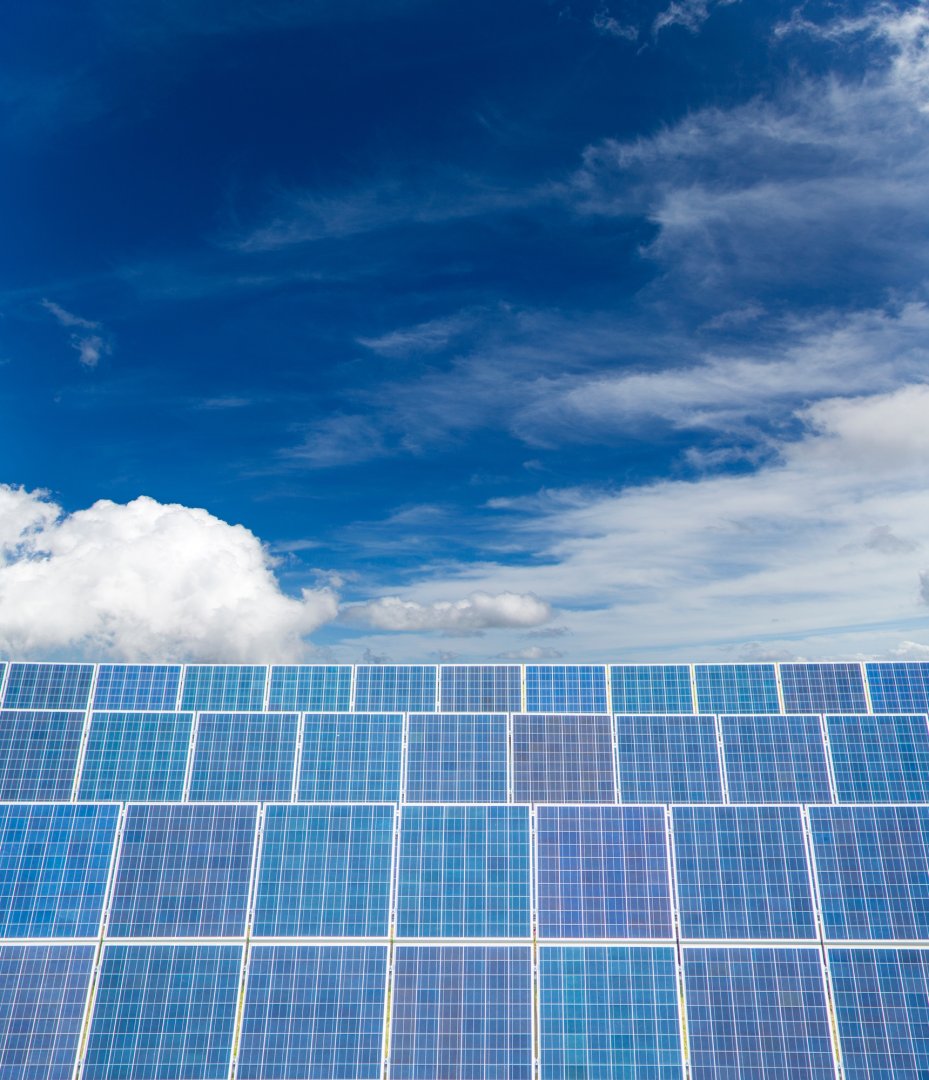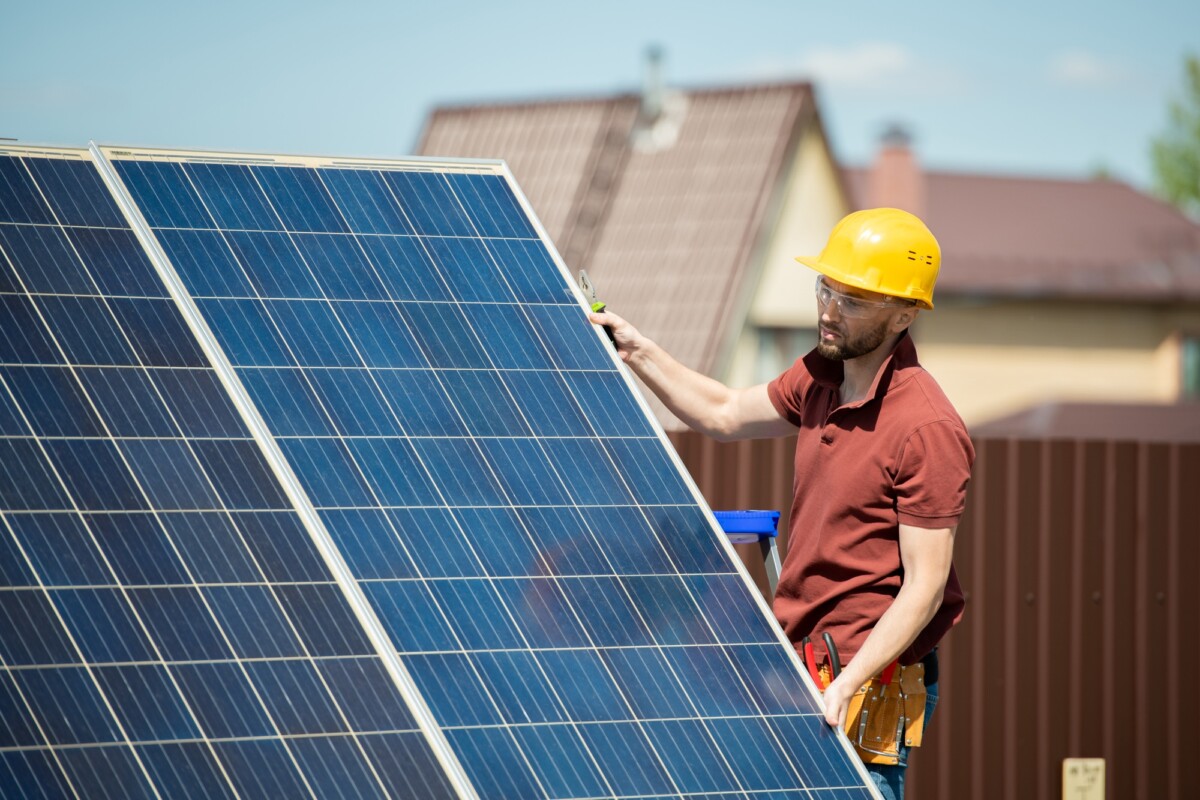More and more individuals are turning to solar energy to lessen their environmental impact and cut down on their monthly utility bills. Residential solar energy, in particular, means getting electricity from the sun by putting solar panels on homes. This article will discuss the basics of residential solar energy, its benefits, and how to get started.
What is Residential Solar Energy?
Residential solar energy uses solar panels installed on individual homes to generate electricity. These panels are made up of photovoltaic (PV) cells that convert sunlight into electricity. Homeowners can either utilize the power for themselves or sell it back to the grid in exchange for credits or financial compensation.
Benefits of Residential Solar Energy
- Cost savings: One of the main benefits of residential solar energy is the potential to save on energy costs. With solar panels, homeowners can generate their own electricity, reducing their reliance on the traditional electrical grid and lowering their monthly energy bills.
- Environmental benefits: Solar power is a sustainable, eco-friendly option with zero environmental impact. By using solar panels, homeowners can reduce their carbon footprint and help combat climate change.
- Increased home value: Homes with solar panels can potentially increase in value, making them more attractive to potential buyers. This is because solar panels are seen as a valuable upgrade and can add to the home’s overall energy efficiency.
- Energy independence: With solar panels, homeowners have the ability to generate their own electricity, increasing their energy independence and reducing their reliance on the electrical grid.
- Government incentives: Many states offer incentives for homeowners who install solar panels, including tax credits, rebates, and discounts on energy bills. These incentives can make switching to residential solar energy more affordable and cost-effective.
How to Get Started with Residential Solar Energy
- Assess your energy needs: Before installing solar panels, it’s important to assess your home’s energy needs. Calculating the solar panel system size and savings with this information is a good start.
- Choose a reputable installer: When choosing a solar panel installer, it’s important to choose one that has a proven track record of success. Look for a company with a product warranty and good customer reviews.
- Evaluate financing options: There are various financing options available for residential solar energy, including leasing, power purchase agreements (PPAs), and loans. Consider your budget and long-term goals when choosing a financing option.
- Take advantage of incentives: Many states offer incentives for homeowners who install solar panels, including tax credits, rebates, and discounts on energy bills. Be sure to research the incentives available in your area.
Types of Residential Solar Energy Systems
Residential solar energy systems can be broken down into three categories:
- Grid-Tied Solar Systems: This type of system is connected to the electrical grid, allowing homeowners to use solar energy when it is available and draw from the grid when it is not.
- Off-Grid Solar Systems: This type of system operates independently of the electrical grid and is often used in remote locations where grid connectivity is unavailable. Off-grid systems typically require energy storage solutions, such as batteries, to store excess energy for use during periods of low sunlight.
- Hybrid Solar Systems: This type of system combines the best of grid-tied and off-grid systems. It allows homeowners to use solar energy when it is available, store excess energy in batteries, and draw from the grid when needed. This type of system is ideal for areas with unreliable electrical grids.

How Residential Solar Energy Systems Work
Here’s how Residential Solar Energy Systems Works:
- Photovoltaic cells in solar panels, composed of semiconductors like silicon, absorb sunlight.
- PV cells convert sunlight into DC power.
- An inverter converts DC electricity into AC electricity suitable for the home’s electrical system.
- The AC electricity is then used to power the home directly or by being fed back into the electrical grid.
- Any excess electricity that is generated by the solar panels and not used by the home can be fed back into the electrical grid, earning homeowners credits or monetary compensation.
Cost and Maintenance of Residential Solar Energy Systems
The size, location, municipal incentives and rebates, and installation costs of a household solar energy system can vary substantially. On average, the cost of a fully installed residential solar energy system can range from $10,000 to $40,000 or more.
Maintenance of a residential solar energy system is typically minimal, with most systems requiring only occasional cleaning to maintain their efficiency. Regular inspections by a professional can also help to ensure that the system is functioning properly and identify any potential issues before they become major problems. Some manufacturers offer warranties for their products, providing added peace of mind for homeowners.
Choosing the Right Residential Solar Energy System
Choosing the right residential solar energy system involves considering several factors, including:
- Energy needs: Assess your current energy usage and determine your future energy needs. This will help determine the size of the solar panel system you will need.
- Roof space: Ensure that you have adequate roof space to install the required number of solar panels. Consider factors such as orientation, shading, and slope.
- Budget: Determine your budget for the solar energy system and consider any local incentives and rebates that may be available.
- Equipment quality: Choose high-quality solar panels and inverters from reputable manufacturers.
- Professional installation: Hire a professional installer, installer, and engineer to ensure proper installation and maximize the efficiency of your system.
- Maintenance requirements: Consider the maintenance requirements of the solar energy system and ensure that you have access to support and repair services if needed.
- Future plans: Consider your future plans for the property, such as remodeling or expanding the home, to ensure that the solar energy system will still meet your needs.
Considering these factors will help you choose the right residential solar energy system that meets your energy needs and fits within your budget.
Bottom Line
In conclusion, installing a residential solar energy system can greatly reduce energy costs and provide a clean, sustainable power source. Choosing the right solar energy system requires careful consideration of factors such as energy needs, roof space, budget, equipment quality, professional installation, maintenance requirements, and future plans. With the right combination of these factors, homeowners can enjoy the benefits of solar energy for years to come while positively impacting the environment.
Say goodbye to your reliance on traditional energy sources and switch to solar power. Request a quote from freesolarpowerquotes.com today.
FAQS
How much are solar panels for a house?
The cost of solar panels for a house can vary, but on average, it can range from $10,000 to $40,000 or more, depending on the size of the system and location.
How expensive are solar panels?
Solar panels can be an expensive investment, but with the potential to save on energy costs and the benefits of using a clean and sustainable energy source, many consider it worthwhile.
How much does it cost to go solar?
The cost to go solar depends on several factors, including the size of the system, location, and installation costs, but on average, it can cost from $10,000 to $40,000 or more.
How to get solar panels?
To get solar panels, you can research and compare different options, find a reputable installer, and discuss your specific energy needs and budget with them. They can help you choose the right system and handle the installation process.
How to buy solar panels?
To buy solar panels, you can research and compare different options, find a reputable seller, and discuss your specific energy needs and budget with them. They can help you choose the right system and handle the purchasing process.
How much are home solar panels?
The cost of home solar panels can vary, but on average, they can range from $10,000 to $40,000 or more, depending on the size of the system and location.


